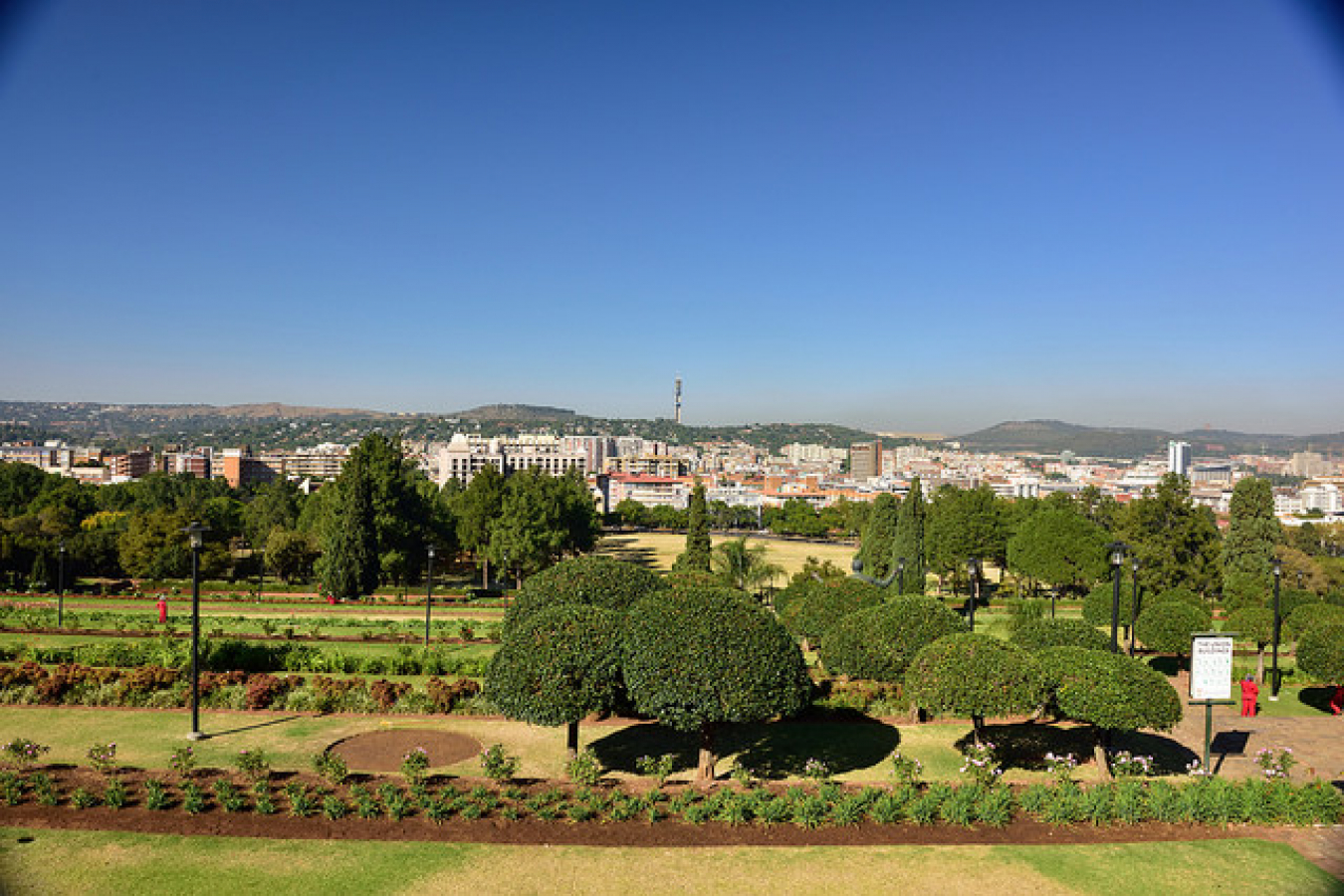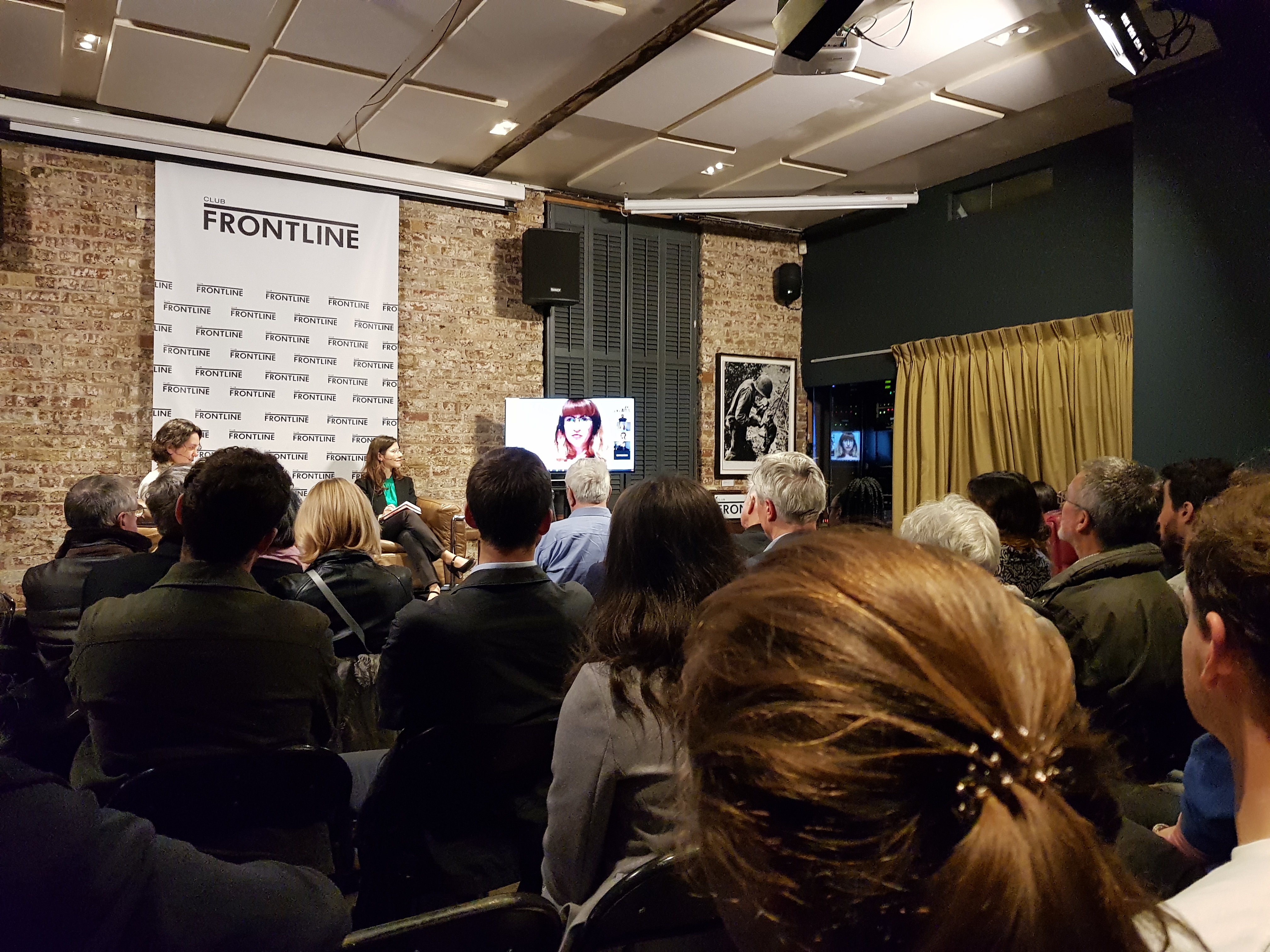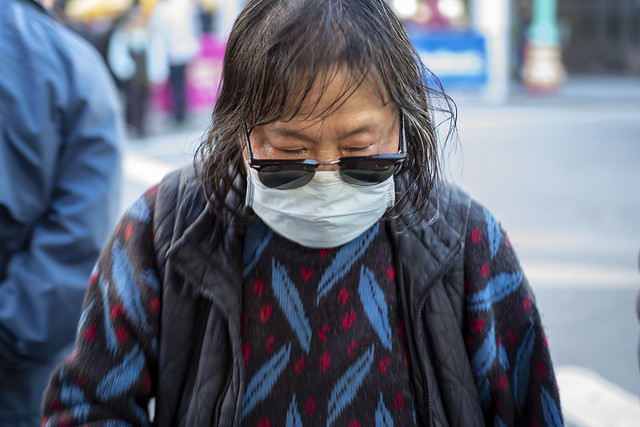 • Media Center » Video Immigration News
• Media Center » Video Immigration NewsManto Tshabalala-Msimang, the South Africa's health minister, is concerned that the recently proposed European Union blue card will take sorely needed skilled workers from developing nations.

"We cannot afford schemes that seek to cream the very limited health skills we still have in developing countries," she said during a meeting with her counterparts from 79 African, Caribbean and Pacific region countries (ACP) in Belgium on 26 October 2007.
"The EU member states need to address the issue of the recruitment of health workers from the ACP, and give consideration to the development of a code on the ethical recruitment of health workers," she added.
However, the European Commission has stated that the blue card scheme procedures will try to minimise brain drain by implementing "ethical recruitment standards" which will limit or ban active recruitment from developing countries.
Brussels has stated that by building in a framework to allow circular migration that allows skilled workers to return to Europe at a later date through the blue card scheme, migrants will have an incentive to return home.
The EU blue card -- if implemented -- would allow non-EU nationals to live and work in the 27-member bloc for a renewable two-year period. After five continuous years, a migrant can apply for permanent residence.
To qualify for a blue card, a migrant worker would need to hold a recognized diploma, have three years professional experience, and have a minimum one-year job contract.




